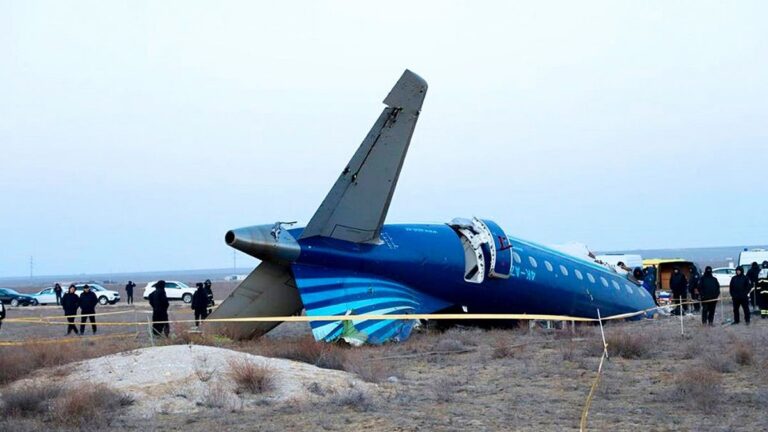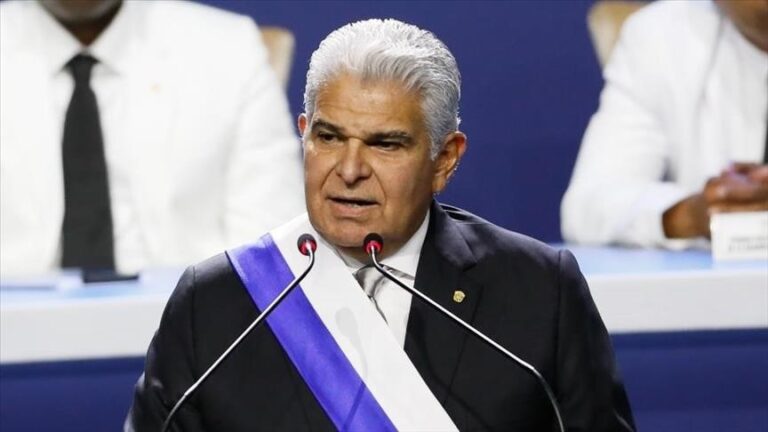Saudi Arabia’s balance of payments for tourism has experienced significant growth, surging by 327 percent in the first half of 2023 to reach SR40 billion ($10.67 billion) compared to the same period the previous year, as reported by the Saudi Central Bank (SAMA).
During the first half of the year (January to June), foreign visitors spent a total of SR83.7 billion, representing a substantial increase from the SR36.4 billion spent during the same period in the previous year.
In the second quarter of 2023, the balance of payments for tourism recorded a 34 percent rise, reaching SR22.8 billion compared to the same quarter in the previous year. Foreign tourists contributed SR46.6 billion to this figure during the same period.
This growth aligns with Saudi Arabia’s rise to the second position globally in terms of the growth rate of incoming tourists in the first seven months of 2023, an announcement made by the Ministry of Tourism.
According to the Ministry of Tourism, the Kingdom witnessed a 58 percent increase in tourist numbers up to the end of July when compared to the same period in 2019. These statistics were sourced from the UN World Tourism Organization and came from the UNWTO World Tourism Barometer.
The Kingdom recently hosted World Tourism Day on September 27-28, underlining its commitment to the global tourism sector. Saudi Tourism Minister Ahmed Al-Khateeb stated that this ranking strengthens the country’s status as a global tourist destination.
The substantial increase in tourist arrivals reflects the confidence travelers have in the variety and quality of tourism offerings within the Kingdom. These achievements result from Saudi Arabia’s substantial efforts to enhance its tourism industry, a key component of its Vision 2030 plan.
These initiatives include promoting the nation’s rich historical and cultural heritage, hosting various music festivals and sports events, and investing in tourism infrastructure to accommodate the growing number of tourists. Saudi Arabia has actively sought foreign and domestic investments in the tourism sector, fostering partnerships with international hospitality and tourism companies.
Regulatory changes, such as the relaxation of visa restrictions and updates to tourism-related regulations, have further supported the growth of the tourism industry. These collective efforts have begun to yield positive results, leading to a noticeable increase in tourist arrivals and tourism-related activities in the country.









